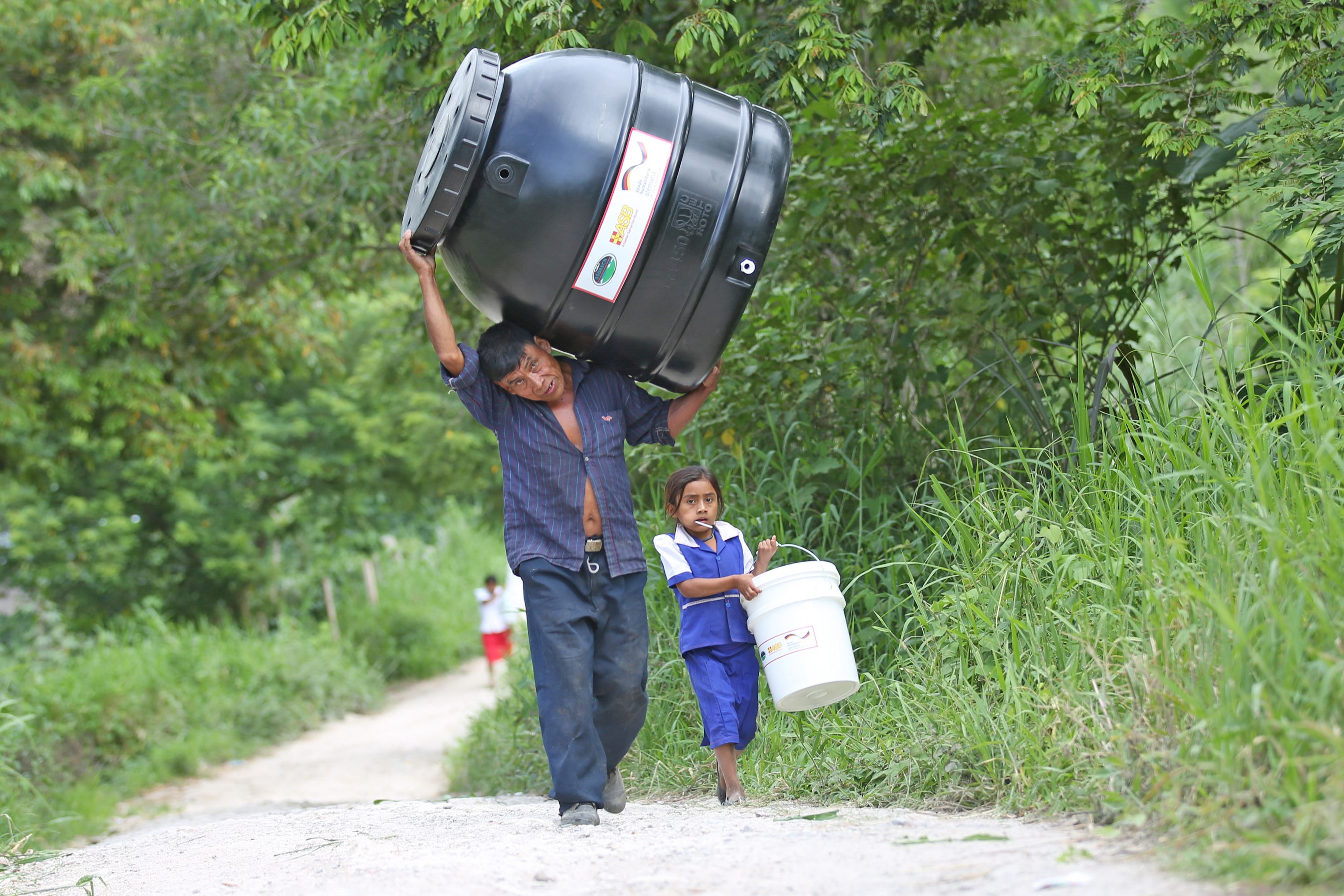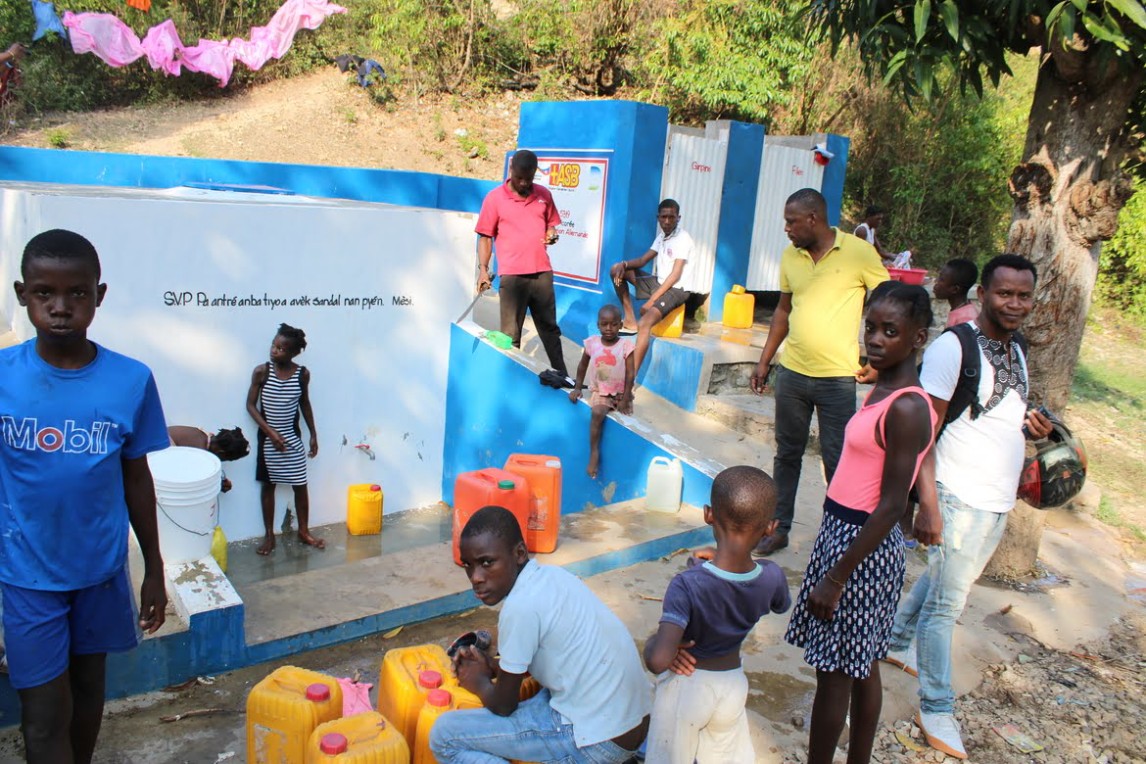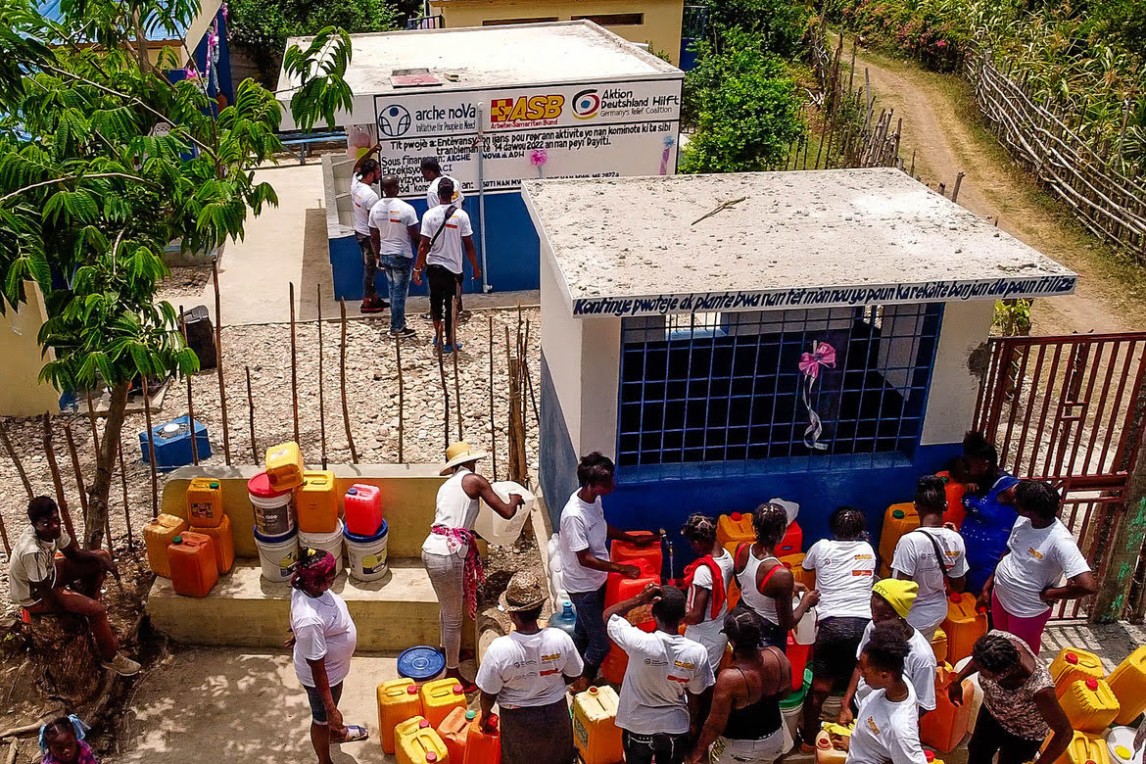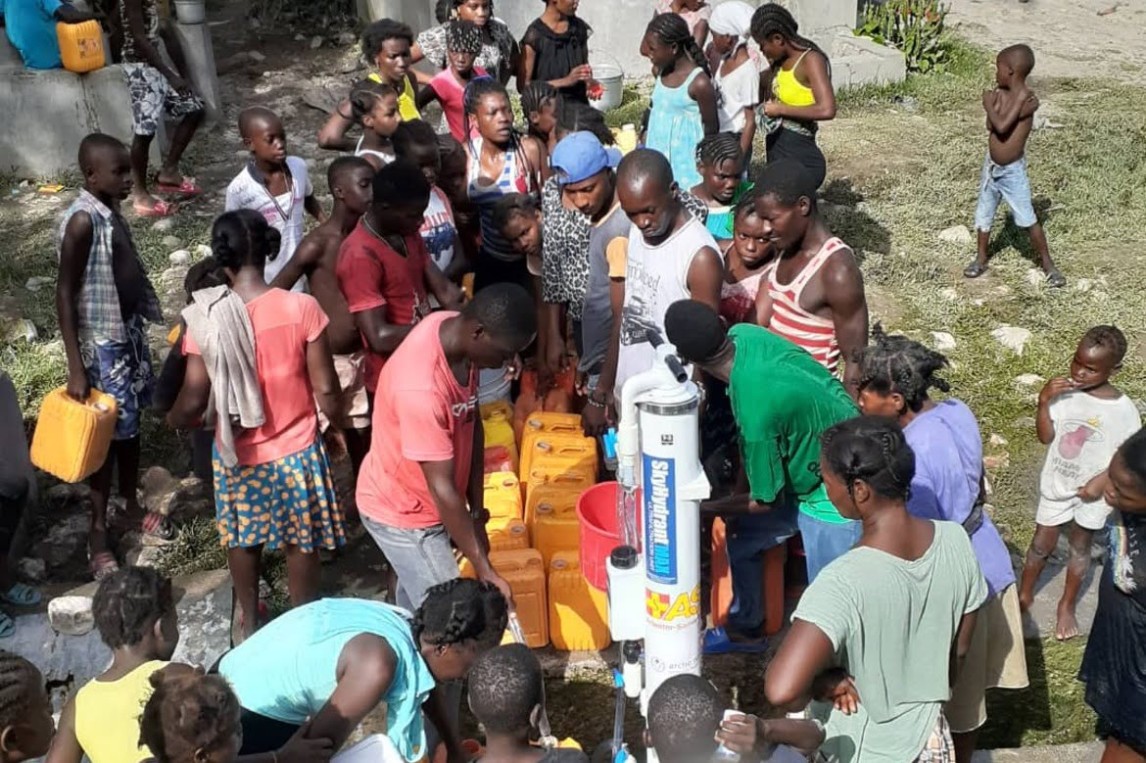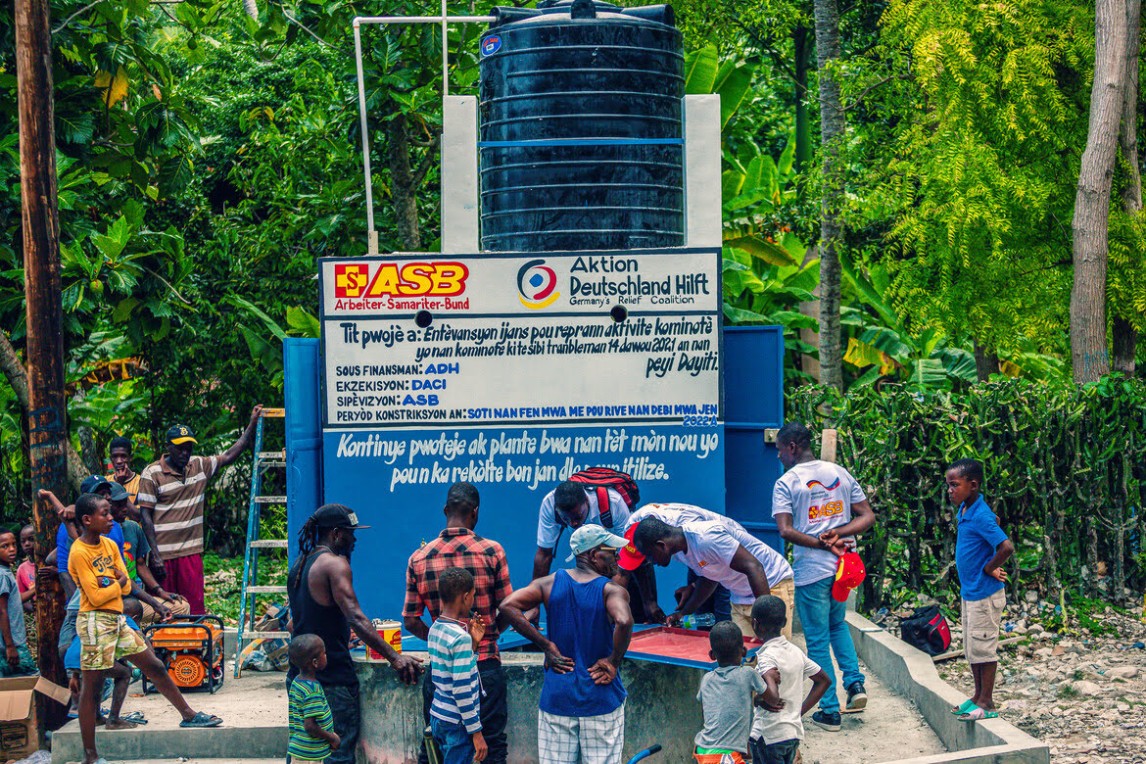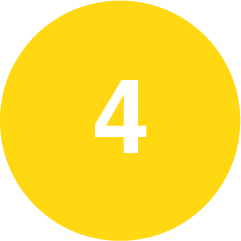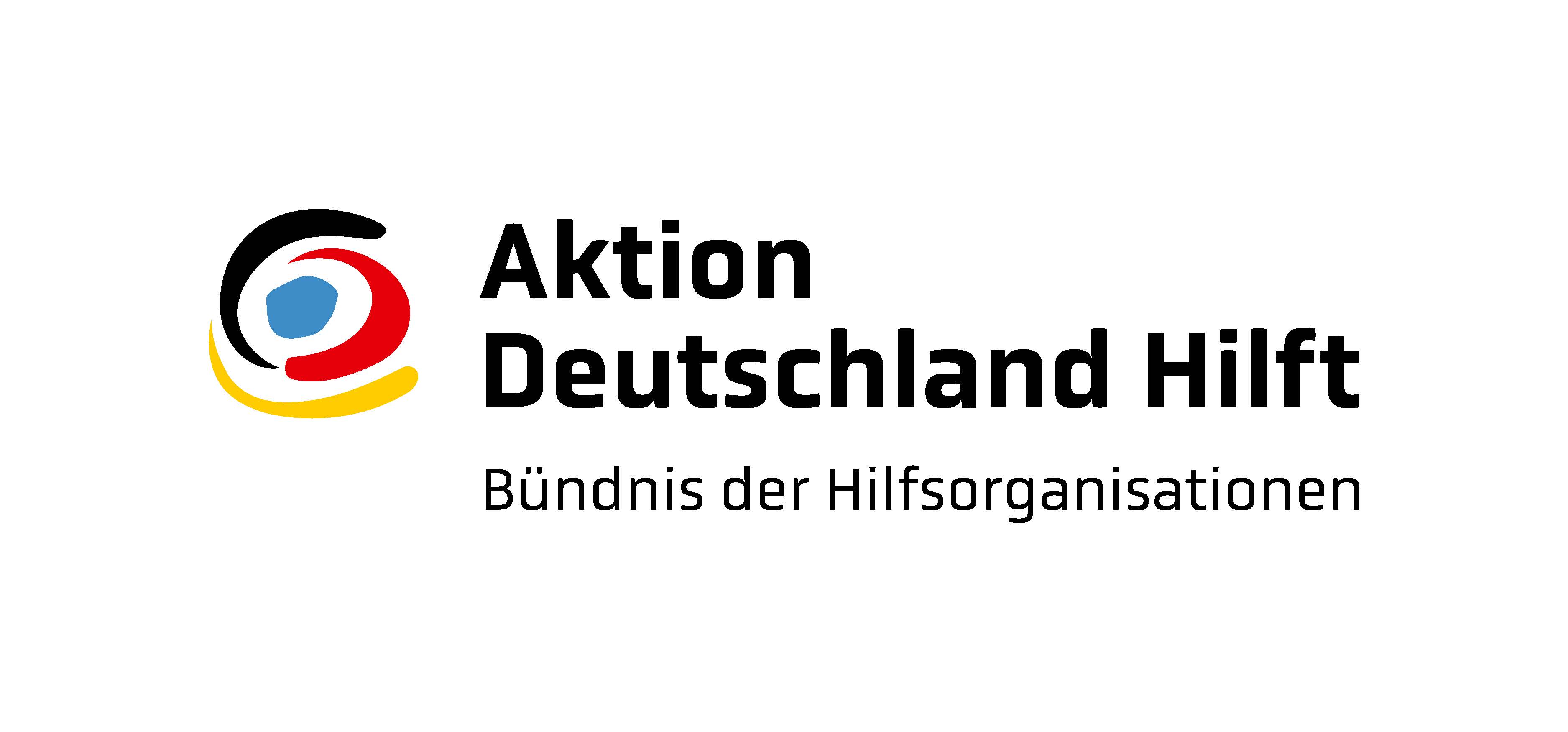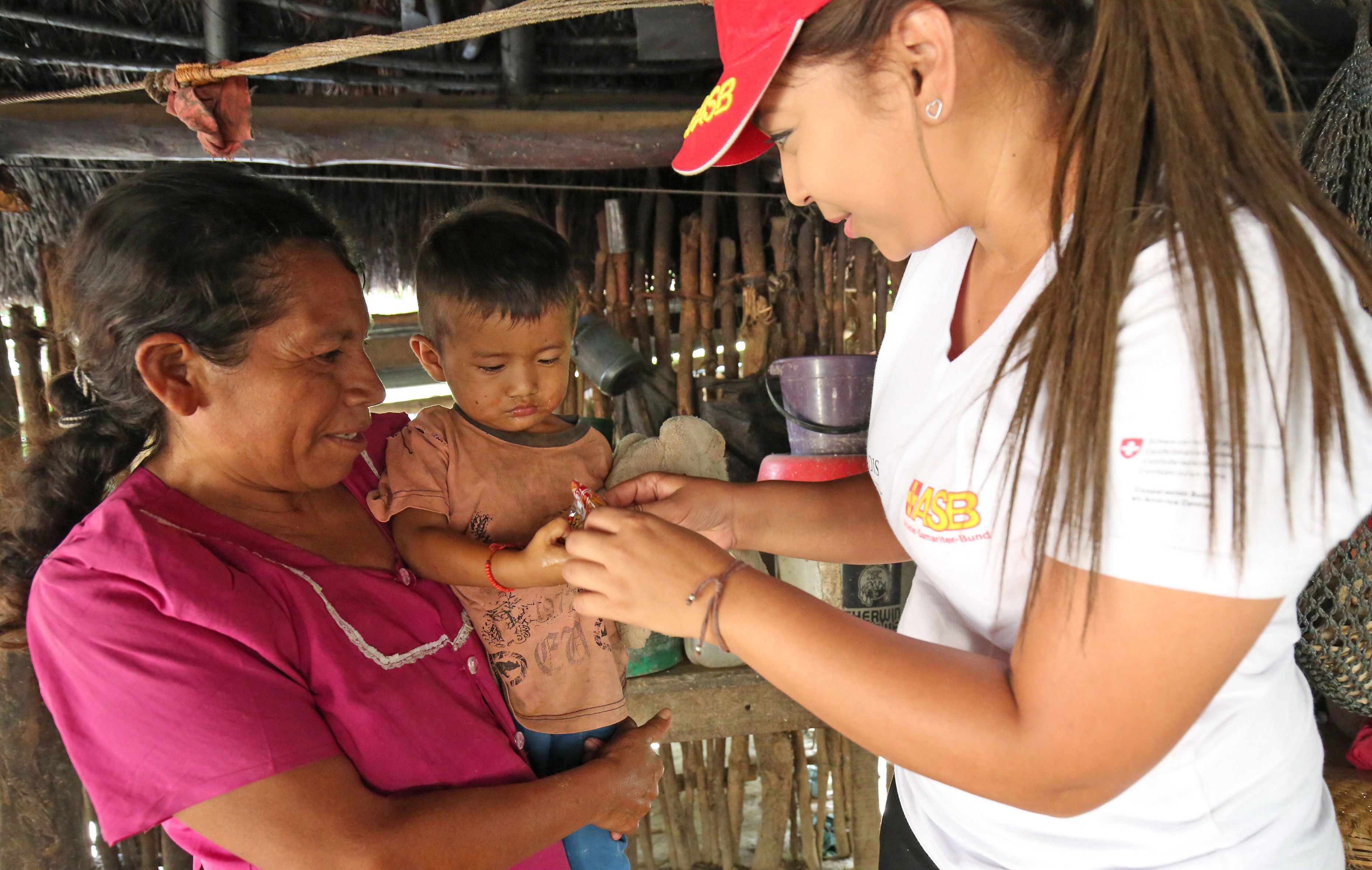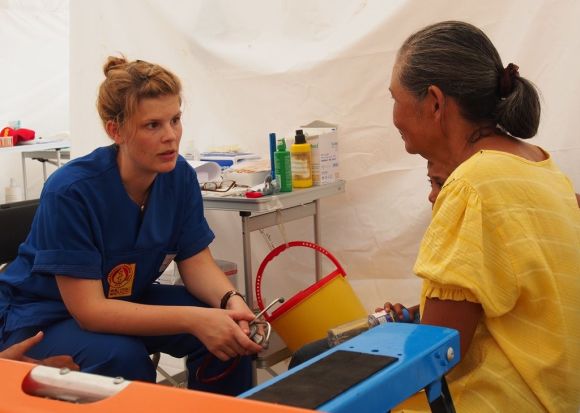-

Project title: Emergency relief by providing drinking water, protection and inclusion of people with disabilities in response to the earthquake in the South of Haiti
-

Project country: Haiti
-

Project financing: ADH, FCCD, Arche Nova and ASB. The project was carried out in Saint-Louis-du-Sud with CAPSL and in Tiburon with FEODTI, as well as with the respective local administrations and state coordination bodies for disaster management.
-

Project volume: € 324,843.58
-

Project duration: 20/08/2021 to 30/06/2022
-

Target group: 60,260 direct beneficiaries (residents of earthquake-affected communities, in particular people with disabilities)
